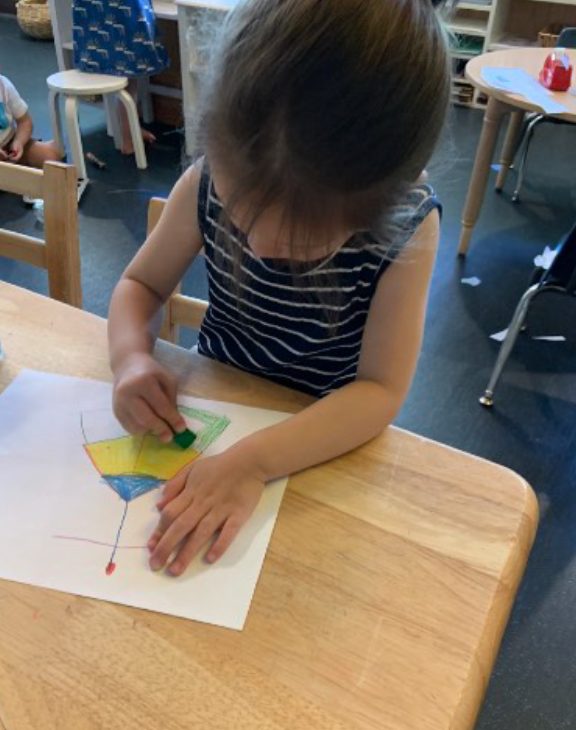
Language is a Construct
It wasn’t only until 1990 that the United States adopted the Native Americans Language Act. That means for the last 400+ years prior to that, not only did we try to eradicate Indigenous identity or culture, but we had policies and systems in place that was meant to erase their language…
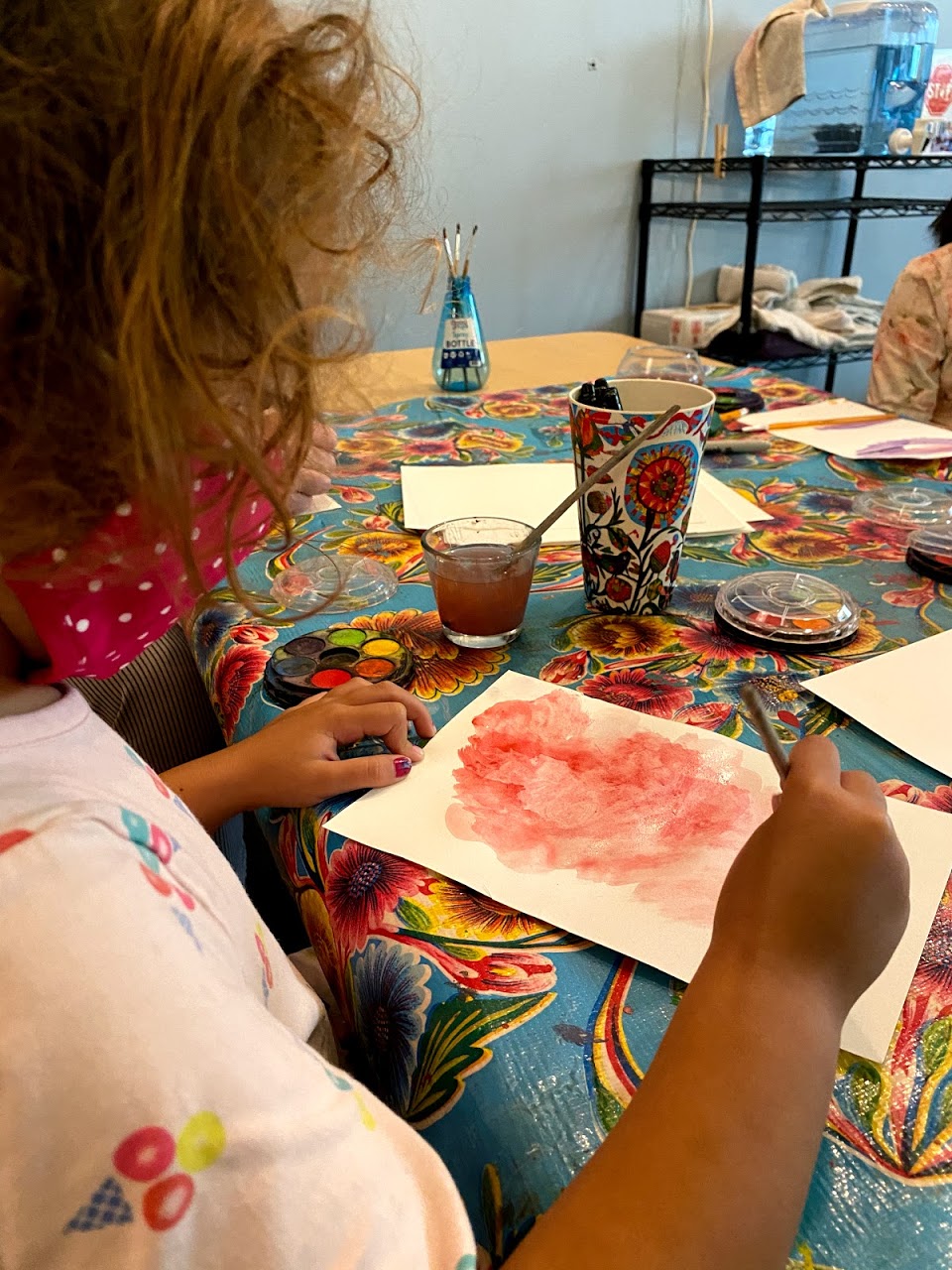 Language is something we often take for granted. But with language and the distinct dialects, accents, and slang that comes with it, there are a slew of ideologies, ways of living, cultural and spiritual practices that makes our society so rich and full of life! So why is it that we hear parents nowadays tell their children to “Speak English.” “Sound white.” “Shhh, don’t mention you’re Mexican”?
Language is something we often take for granted. But with language and the distinct dialects, accents, and slang that comes with it, there are a slew of ideologies, ways of living, cultural and spiritual practices that makes our society so rich and full of life! So why is it that we hear parents nowadays tell their children to “Speak English.” “Sound white.” “Shhh, don’t mention you’re Mexican”?
In Episode 9 of Napcast, a podcast co-hosted by two male educators of color, Nick Terrones (he/him), and Mike Browne (he/him), they were joined by Veronica Reynoso, a Latinx educator working with preschoolers in Seattle. In that episode “Nuestros Niños, Nuestro Futuro” which was done in both Spanish and English, the central question they tried to answer was how do we break the stigma of having to “sound white” in order to support children in speaking their native tongue?
As I listened to the episode, there were two underlying themes that stood out for me. Vulnerability and complexity. And when I look at them in the context of language, I can’t help but see them as being interconnected. They build on each other. When Veronica expressed the driving force that informs her pedagogy – fostering confidence and pride in her students, and being her unapologetically self, there is such a powerful question in there.
How do we give children more opportunities to express themselves than taking them away?
As reflective practitioners, I’d like to think we do it most of the time. We are constantly bringing intentional language to our front cortex, so that can inform how we teach. It’s safe to say that most of us agree that words are incredibly powerful. (But I am not going there today. I’ll save you my thoughts on words and power for a different reflection). Instead, how do we give children the opportunities to use language as they see fit. With the ways they are in community with one another? In what ways do we craft activities that have a positive impact on their self-identity? How does that play out when there’s additional complexity?
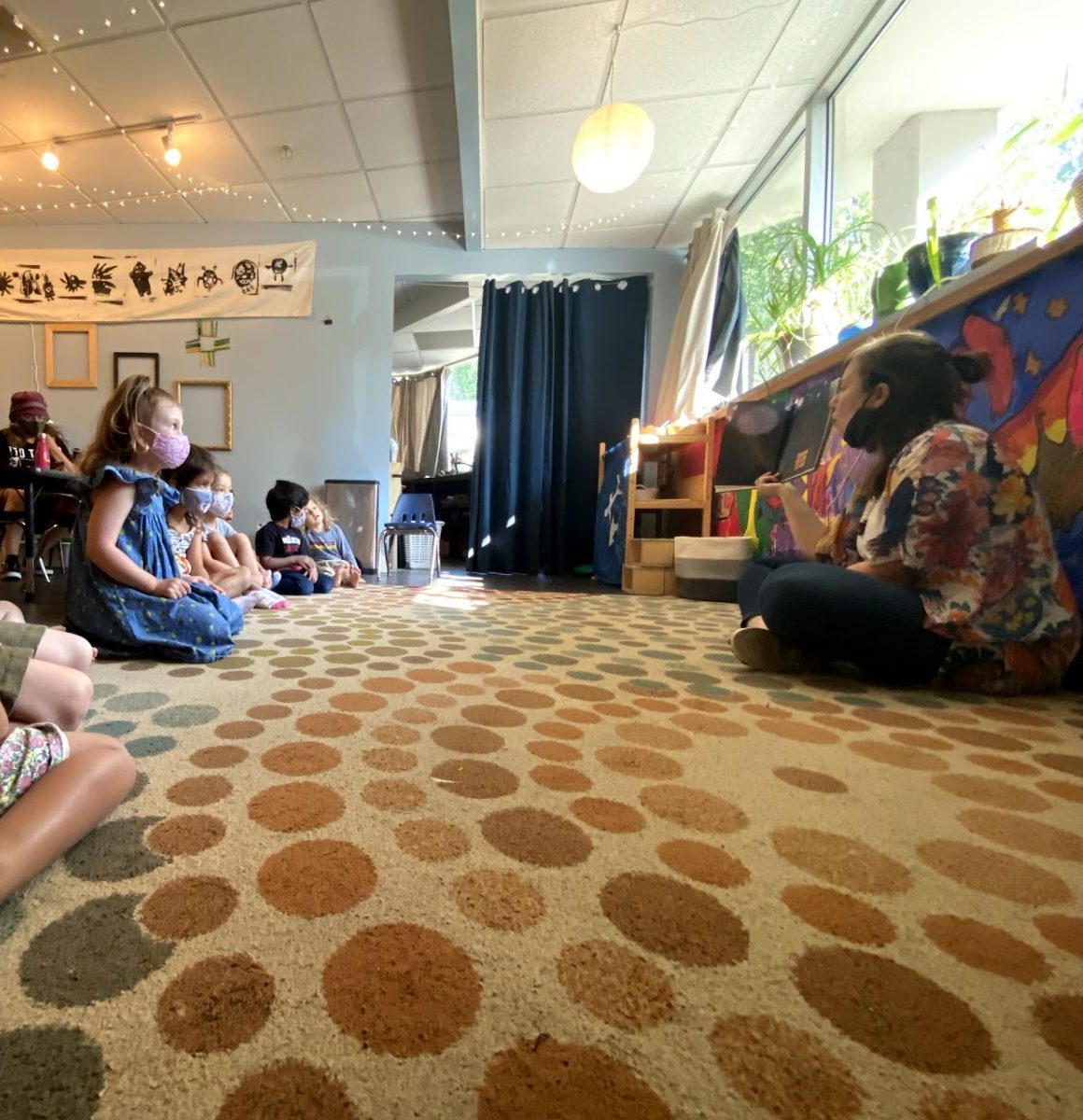 As a white-passing Latinx, born and raised outside the United States, these are the questions I constantly ponder about. Because of the times we live in, I’m constantly navigating the triality of being disenfranchised as a Latinx, being empowered at times because I can pass as white and working to break a system that has silenced me. And the hardest part is taking my own advice on how to navigate it. “You have to gauge the experiences you want to have,” I said the other day to another educator, and language plays such a pivotal role in how we gauge, shape, and see them. As I go through this process of reworking and relearning what language I want to use to hold myself and my relationships with others accountable in achieving social justice, I’ve been putting a lot of thought into what kind of experiences I deserve to have, the constructive and empowering language I will use to approach it, and the questions that will help me move through it and not around it. Because it’s true that we continue to inherit a framework of not valuing the relation with each other. But we can relearn it.
As a white-passing Latinx, born and raised outside the United States, these are the questions I constantly ponder about. Because of the times we live in, I’m constantly navigating the triality of being disenfranchised as a Latinx, being empowered at times because I can pass as white and working to break a system that has silenced me. And the hardest part is taking my own advice on how to navigate it. “You have to gauge the experiences you want to have,” I said the other day to another educator, and language plays such a pivotal role in how we gauge, shape, and see them. As I go through this process of reworking and relearning what language I want to use to hold myself and my relationships with others accountable in achieving social justice, I’ve been putting a lot of thought into what kind of experiences I deserve to have, the constructive and empowering language I will use to approach it, and the questions that will help me move through it and not around it. Because it’s true that we continue to inherit a framework of not valuing the relation with each other. But we can relearn it.
Humans want and need to be in relationship with others. It’s why we constructed the world around the language. And that world doesn’t have to live in a box. So, how do we get out of this construct? How do we identify the construct and social narratives being fed and forced onto us? That’s where I think complexity comes to play. To get out of the construct, we need to learn to think bigger to allow the complexities in. Nick mentioned culturally sensitive programs and policies can prevent or reduce the effects of traumatic childhood experiences and improve mental health, so what practices are in your workplace that informs you that this is being taken into consideration?
And how do we use these complex situations to go beyond just looking at our policies? How do we leverage these complex times to climb out of the box we placed our attitudes, values, policies, systems, and language in? How do we hold a space for social, cultural and attitudinal change?
Although I am writing this in English, my thought process is still in Portuguese. I am not talking about translating words in my head, the words in my head are in English, but I mean how I use them is in Portuguese. I construct my thought process in Portuguese, which means I use a long framework of reference for ideas, as opposed to using objectives and being concise. There is a cadence and rhythm I use to get to a point which isn’t always linear. Part of white culture is jumping straight to the conclusion, to the answers. Which means, we are robbed of the process. For communities of color, relationship building, communicating, is part of the process. For us, going from point A to B is equally about finding the solutions as it is about enjoying the process. My home language is a Romance language, rooted in harmony, rich vocabulary and fluidity. I may not speak Portuguese on my day-to-day, but my thought process will always be my home language and this to me is one way of how I continue to honor my language and my ancestors. This is the power of language and what’s lost when we don’t honor it. When we have children in our care that have their own home language, they need to know that their entire being is valued. When I have a child who speaks a non-dominate language in my class, I want them to know that we, together, can still hold that importance piece of their history together, even when they are not speaking their home language out loud.
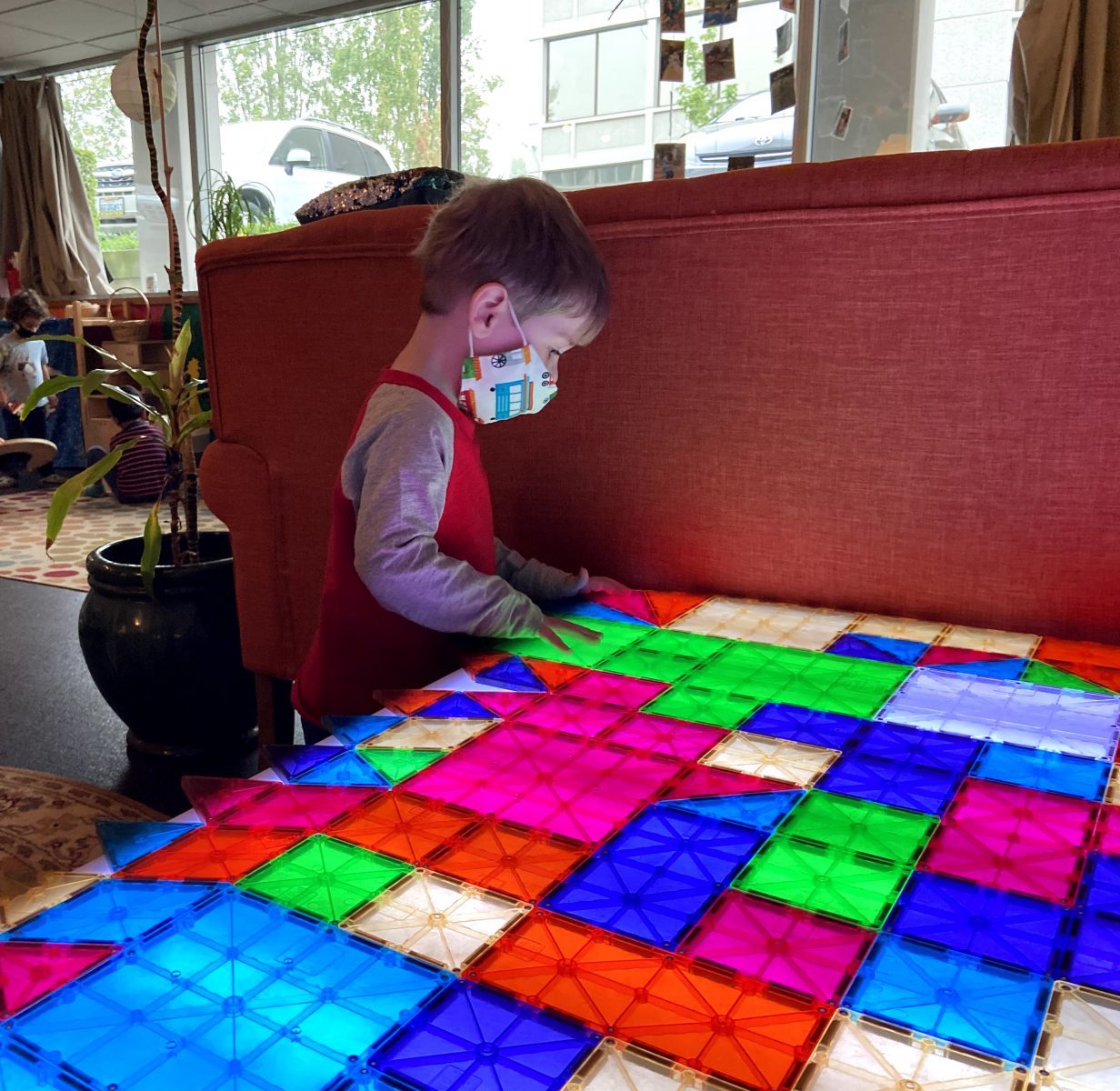
We unfortunately live in a world where trauma is not viewed through a strength based approach. Instead, we tend to disassociate when traumatic experiences happen to us. In other words, society, instead of working on healing these experiences as a collective force, it does the opposite. It normalizes it. The racial injustice, collective trauma, wars, white supremacy, robbing indigenous people of their culture, of their land, and unfortunately, so much more. And in the context of language, this is why we see silent speakers. People who understand the language fully, but because of trauma and stigma, they cannot bring themselves to speak it. To hold complexity is to not normalize it, is to learn more, to act more, to hold others and yourself accountable and most importantly, being your unapologetic self. The more you understand who you are, what you inherit, what you dream, your tears, your worth, and what you fight for, the more you can change, the more you grow into your authentic self. You don’t change by being what you are not, but by what you are.
Mike, Nick and Veronica brought and continue to bring their authentic selves and voices into the work they do. It is refreshing to see that, and it helps me think of what questions I need to move through as I launch into the next iteration of my best self. I believe there’s a space for vulnerability when we show up, when we recommit ourselves to the values of uplifting voices of color, and when we foster children ability to find their voices too.
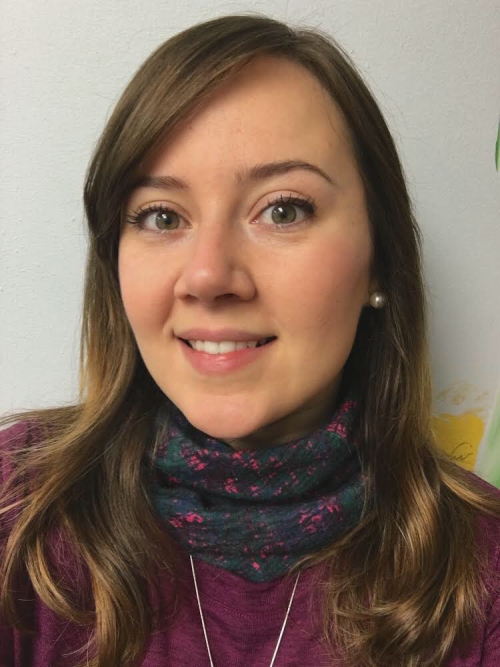
Paty is an educator with 3-to-5 year olds at Hilltop Children’s Center where she has worked since 2017.
Hilltop Educator Institute collaborates regularly with change agents across North America, Europe and New Zealand to provide professional development opportunities in Greater Seattle through evening, half-day and full day workshops known as the Educator Discussion Series (EDS). Hilltop Educator Institute provides resources and support to educators, programs leaders, children’s advocates, and the community at large, in order to widen access and opportunity for all children. To study at Hilltop for a day, register for upcoming workshops, or learn more about our services, email Mike at institute@hilltopcc.org or visit us at www.hilltopcc.com/institute.